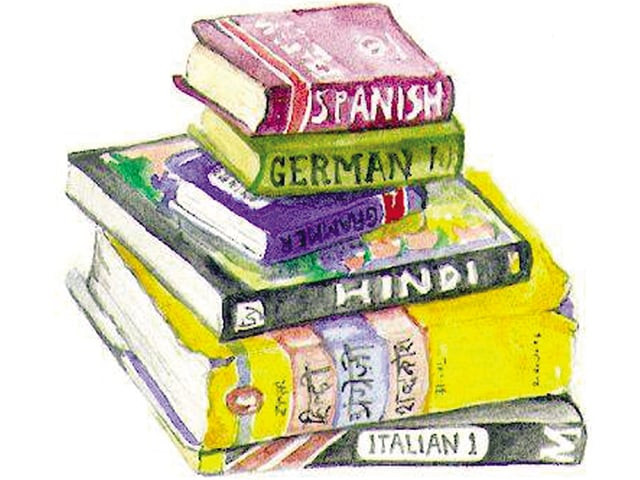The pleasure principle
When being put through the rack of creative writing workshops one can become increasingly aware to the point of paranoia.

The pleasure principle
There are however, writers who may not put themselves through this torture, who may keep themselves in a state of blissful ignorance, utterly unaware of the world of literature. Or they may simply believe single-mindedly in the importance of telling their story. I’m not sure exactly which group Tishani Doshi belongs to but on reading The Pleasure Seekers, it feels like she has either read nothing that has gone before her or everything that has gone before her in the same ilk and decided to emulate it with not one iota of originality.
In 1968, Babo from Madras goes to London. Babo meets Sian from Wales. Babo’s parents find out, shock and horror, a white woman! They trick him into returning. Babo and Sian pine. Sian gets on a plane and goes to India to live out her days as a cultural transplant. That’s pretty much the whole story. After being roped into the initial high-drama and wondering, despite oneself, if Babo and Sian will make it, there isn’t much more the book has to commend itself to the reader once one finds out that they do. We are faced with an interminable examination of the lives of Babo and Sian and their respective families post-marriage. Their offspring could ostensibly have generated some excitement if for no other reason than their mixed ethnicity, but even this desperate “excitement” never arrives.
There are endless passages hinting at some looming disaster in the future to break up the happy family antics (that are described in painful detail also and are self-consciously bittersweet) but despite broken hearts, deaths, abortions and even earthquakes, I was not moved enough to believe anything justified the “hints”, or even for that fact the novel. Every single cliché that writers in English of the subcontinent rally against is present in The Pleasure Seekers, which may, sadly, explain, why so many respectable UK publications are happy to favourably review it.
I do not believe that writers should paralyse themselves and not write at all. Creative writing programmes can be notoriously brutal, however, there is something to be said for the caveat that was drummed into my head: characters need to have reasons to be, other than that they are based on actual people and those people are “like this only”. It is the writer’s job to dig deeper. If your protagonist is deaf/Irani/married/insane, why is he deaf/Irani/married/insane, in the context of the story and its arc, other than the fact that you want him to be deaf/Irani/married/insane? Doshi makes no secret of the fact that she based the novel on the love-letters of her parents and that the story follows her family’s story. My question, ‘why did she do it?’ is not a rhetorical one. I simply did not see the raison d’etre. Perhaps the better question would be why did I read it?
Published in the Express Tribune, June 20th, 2010.


















COMMENTS
Comments are moderated and generally will be posted if they are on-topic and not abusive.
For more information, please see our Comments FAQ